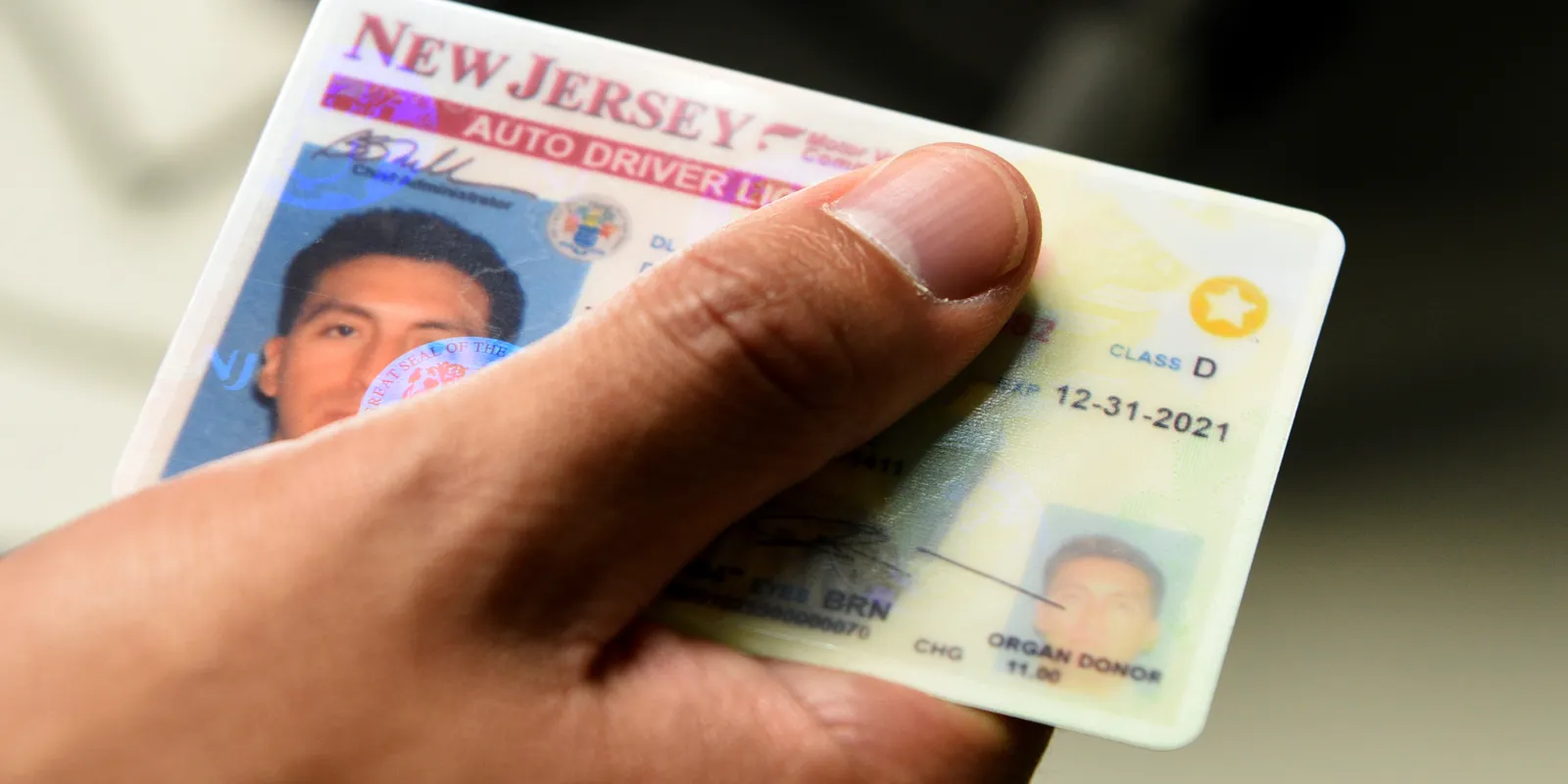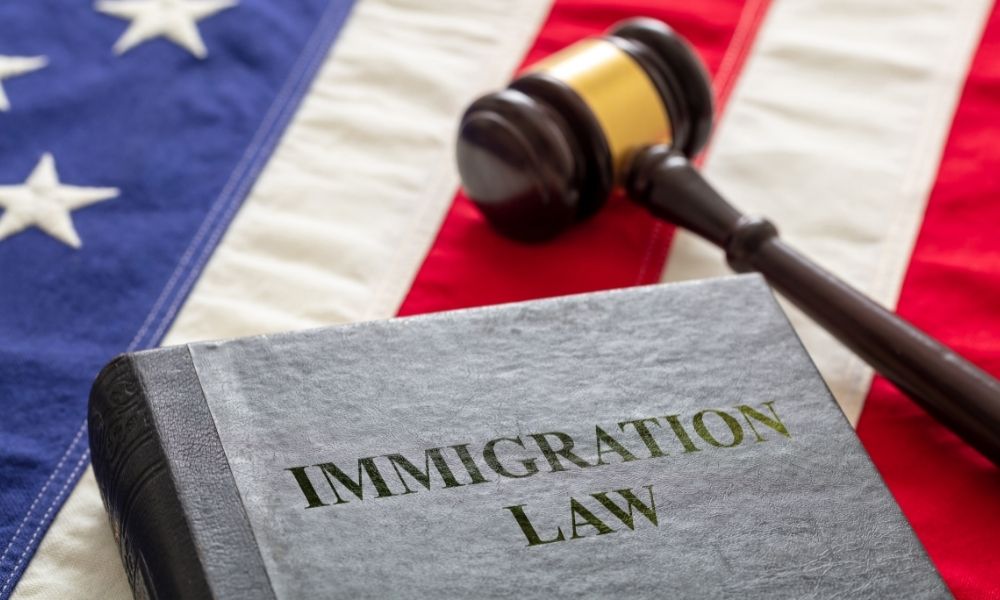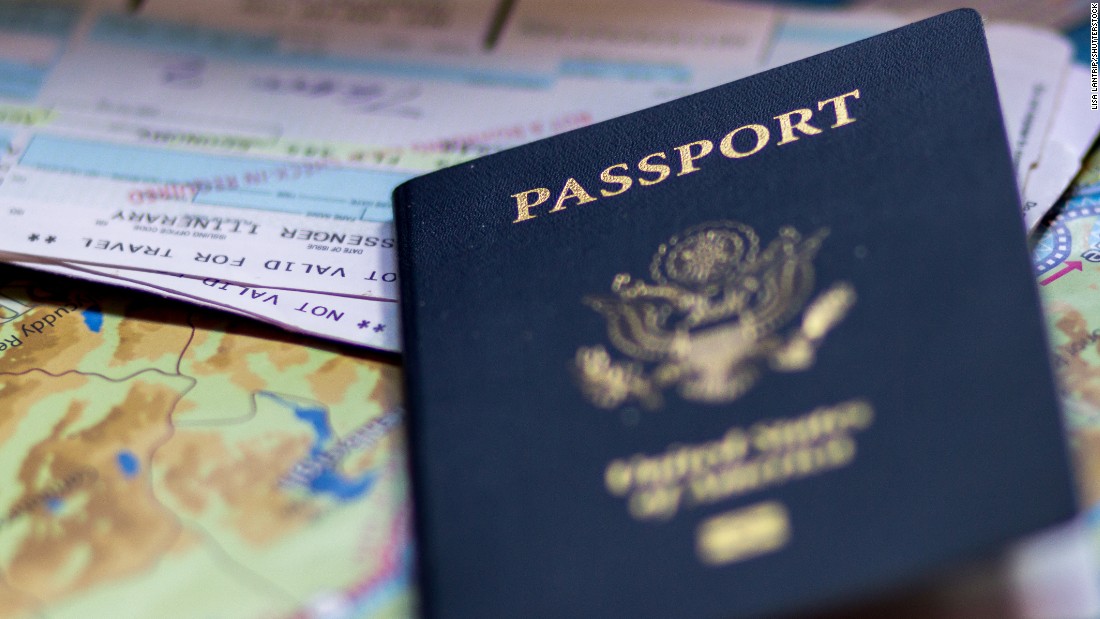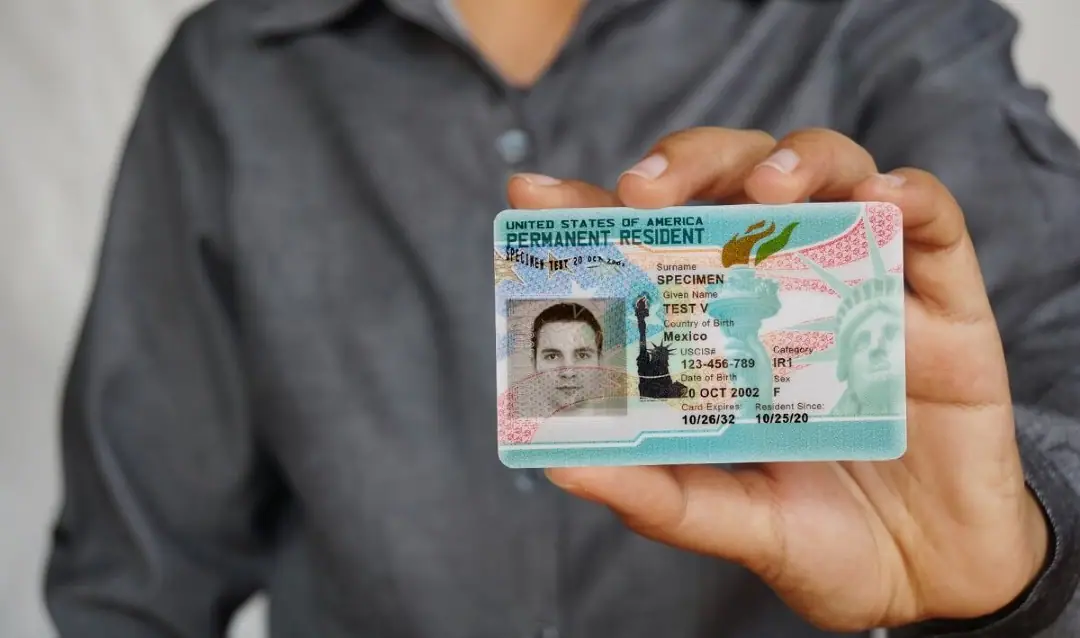Across the United States, there is no single national policy that allows or prohibits undocumented immigrants from obtaining driver’s licenses. Instead, the decision is left up to each individual state. Currently, there are 16 states and the District of Columbia that allow undocumented immigrants to get driver’s licenses or driving privilege cards. The requirements differ by state but generally involve providing proof of identity and residency within the state, passing required tests, and paying applicable fees.
States That Allow Driver’s Licenses for Undocumented Immigrants
The following states allow undocumented immigrants to obtain driver’s licenses or driving privilege cards:
– California
– Colorado
– Connecticut
– Delaware
– Hawaii
– Illinois
– Maryland
– Nevada
– New Jersey
– New Mexico
– New York
– Oregon
– Utah
– Vermont
– Washington
– District of Columbia
In these states, undocumented immigrants are able to apply for and receive a license or card as long as they meet the state’s requirements. This gives them the ability to legally drive like other licensed drivers.
Requirements to Obtain a License
The requirements to get a license vary somewhat between states but generally include:
– Providing acceptable proof of identity and state residency, such as a foreign passport, consular ID card, or documents showing name and address.
– Passing required written and road tests.
– Verifying driving ability and rules of the road knowledge.
– Paying applicable licensing fees.
– Meeting minimum age requirements, often 18 years old.
– Providing proof of car insurance.
The licenses issued to undocumented immigrants may have certain limitations compared to standard driver’s licenses. For example, some states issue “driving privilege cards” which cannot be used as federal ID or to board flights. The cards may also have markings to distinguish them from regular licenses.
Benefits of Licensing for Immigrants
Allowing qualified undocumented immigrants to obtain licenses has numerous benefits, including:
– Improving public safety by ensuring drivers are tested, licensed, and insured. This makes roads safer for everyone.
– Allowing immigrants to legally drive to essential activities like work, school, medical appointments, etc.
– Generating revenue for the state through license fees, registrations, taxes, etc.
– Reducing the burden on law enforcement by eliminating unnecessary arrests and impounds when immigrants drive without a license.
– Integrating immigrants into the community by recognizing their contributions.
Overall, the trend has been for more states to start granting driving privileges to undocumented immigrants. However, there remains opposition in some areas. The policies in each state continue to evolve over time. Immigrants are encouraged to check their state’s current laws to see if they may qualify for a driver’s license or privilege card. With the proper credentials, they can hit the open road just like any other resident.







